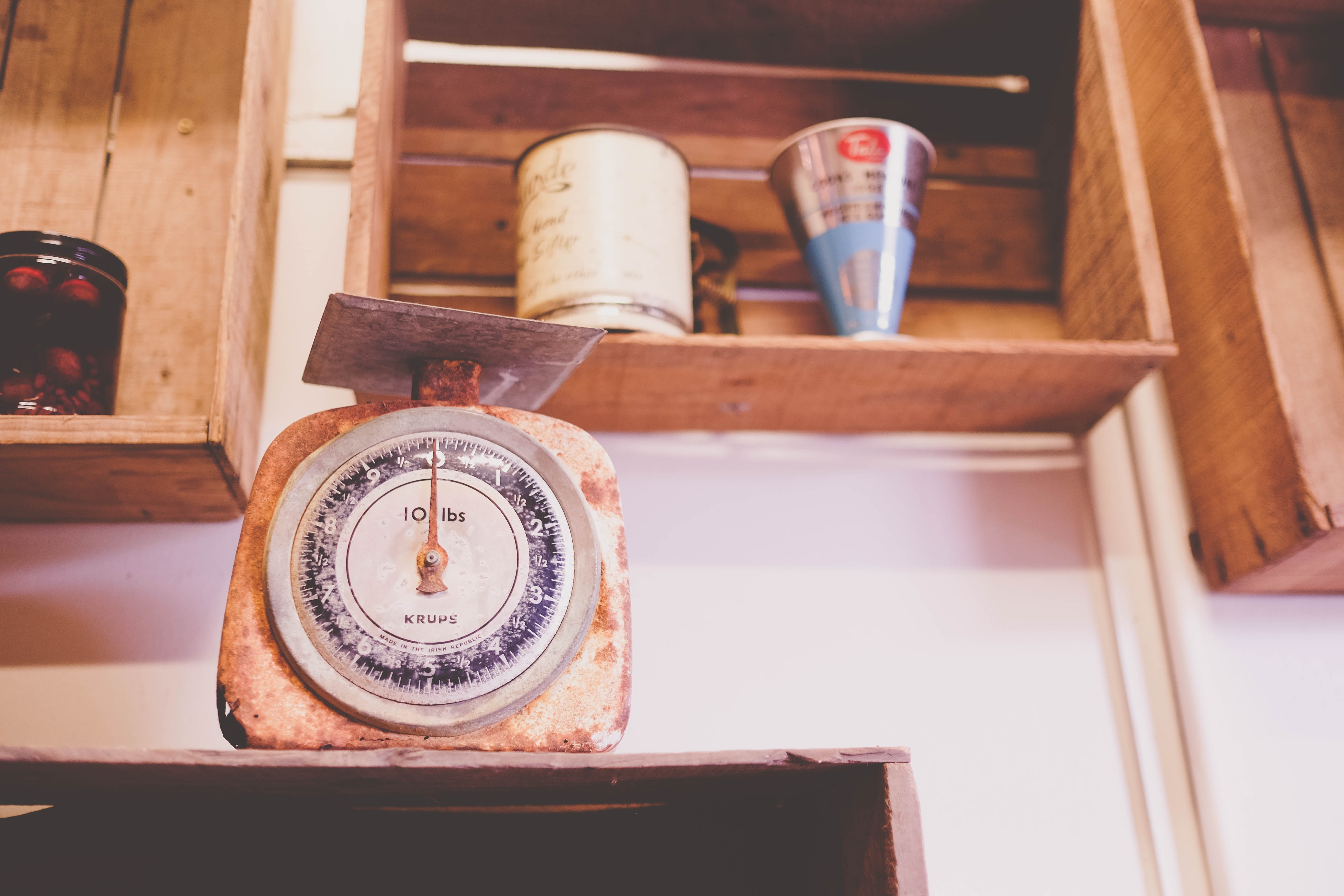Restaurant Weighing Scales Guide: Why You Need Them in Your Restaurant
2 Min Read By Kevin Hill
The importance of restaurant weighing scales cannot be underestimated. These weighing scales are designed to take the guesswork out of food measurement and ensure controlled costs and better inventory management.
There are several different types of restaurant weighing scales on the market, and each one is designed for a specific function. Let’s find out the types of restaurant scales and their uses:
1. Portion Control Food Scale
Portion control food scales are used in restaurant kitchens to make sure that the portion size of your serving is consistent. By making sure that you dish out properly sized portions, you can save money and manage your inventory better. Portion control scales are of two types: Digital and Mechanical.
Most digital scales run on batteries and display weight as a digital readout. On the other hand, mechanical scales have an innerspring that is triggered by weight. The rotating pin displays the weight.

2. Hanging Scale
A hanging scale is the best way to weigh items with an irregular shape. It easily weighs items like meat, produce, dry fruits, etc. As the name suggests, the scale is hung from the ceiling. If it is a smaller model, it can be handheld. These scales are available in two types: mechanical and digital. In this type of scale, one end of the scale has a hook that allows it to hang from the ceiling and the other end may have a hook, pan, scoop or bowl attached to weigh the items.
3. Baking Scale
A baking scale is a typical balance scale. This scale is used to weigh ingredients for baking. It uses a set of weights that ensure precise measurements, which are crucial for baking.

4. Receiving Scale
A receiving scale is used to weigh merchandise when it arrives. These scales are great to help double-check the items in bulk and ensure that you receive what you ordered and that you are not being overcharged. It also helps maintain accountability for your suppliers and employees. These scales like most restaurant scales are available in digital and mechanical types.

5. Digital Price Computing Scale
A digital price computing scale not only weighs the products but also calculates the price of the product based on its weight. It is also known as legal for trade scale. These types of scales usually have an in-built label printer.
These scales are built to stringent regulations that are determined, governed and tested by the National Conference on Weights and Measures. Since the scale is used for purchasing, selling and determining the cost of the product, most local regulations require it to be NTEP (National Type Evaluation Program Certificates of Conformance) certified.
Restaurant weighing scales are essential as they maintain consistent portion size, provide accuracy when measuring for recipes, ensure you get your money’s worth of merchandise, and help you bill your customer accurately. All these uses of restaurant scales help you reduce costs while you manage your inventory effectively, thus ensuring a greater profit margin.


